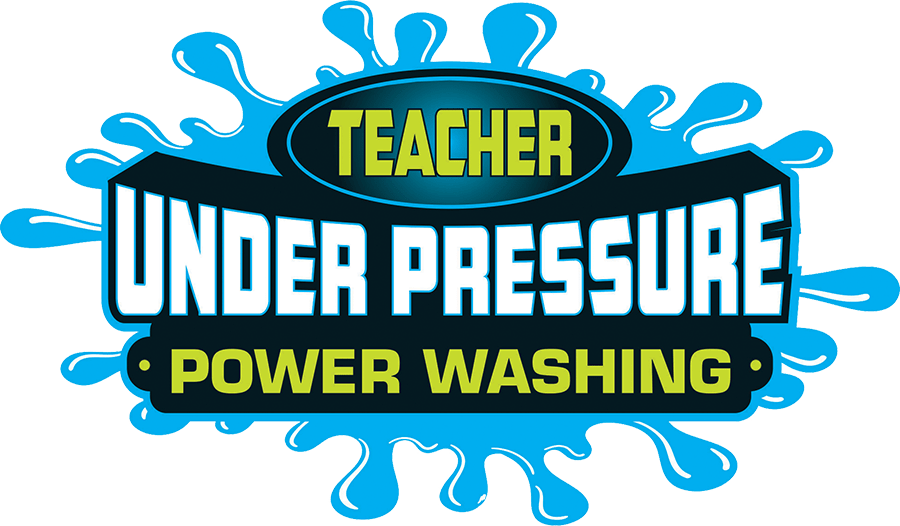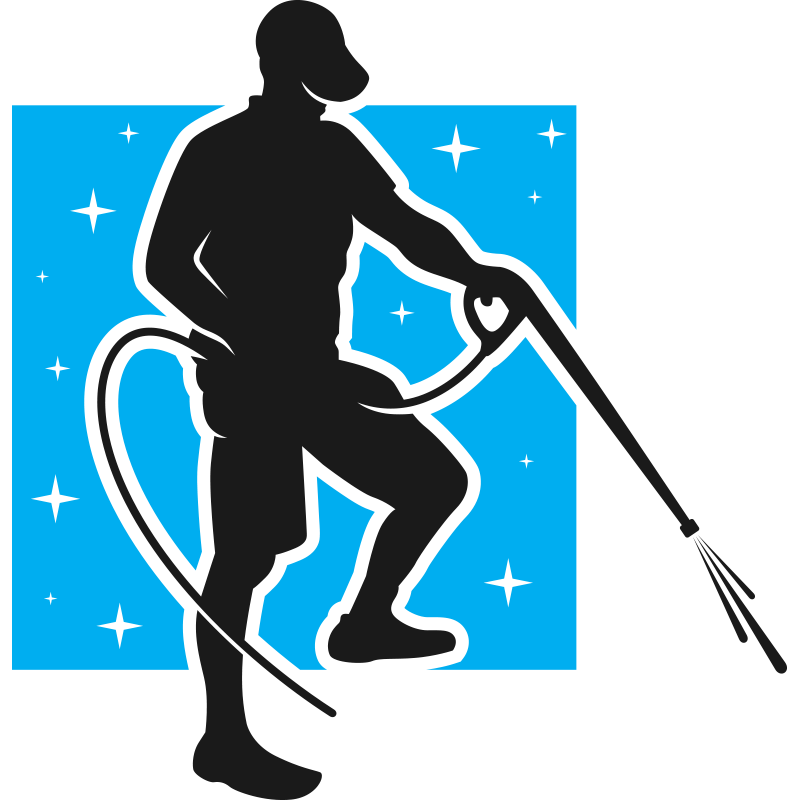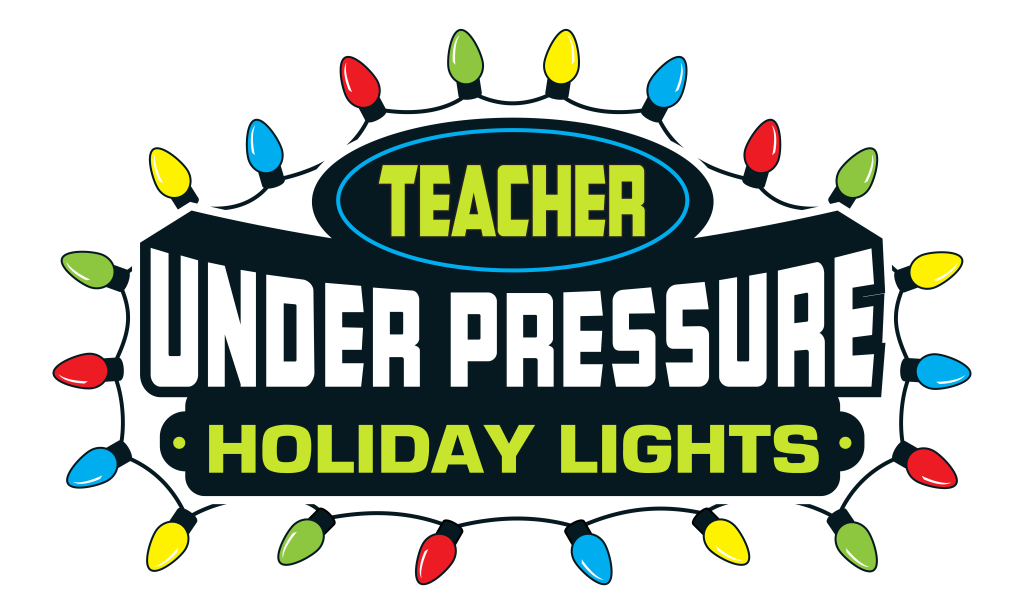Are your exteriors covered in dirt, grime, and pesky stains that just won’t budge? It’s time to give your surfaces a much-needed facelift and restore their former glory. But with so many cleaning techniques out there, how do you choose the method that’s perfect for your needs? In this blog post, we’ll dive into the world of pressure washing and soft washing, two highly effective approaches to exterior cleaning. By the end, you’ll be armed with the knowledge to make an informed decision and have your surfaces looking as good as new.
Understanding Pressure Washing
If you’re dealing with tough, built-up grime and stains on surfaces like concrete driveways, sidewalks, or brick walls, pressure washing might be the way to go. With its high-pressure system, this method uses water to forcefully blast away dirt and grime.
Pressure washing is powered by equipment consisting of robust motors, pumps, and a spray nozzle that controls the water pressure. As the water streams out of the nozzle, it effectively removes persistent stains, algae, moss, and even stubborn mildew.
Keep in mind that pressure washing works best on durable surfaces that can withstand high pressure. Concrete and metal structures are excellent candidates for pressure washing due to their resilience and the powerful force exerted by the equipment.
However, caution is vital when utilizing pressure washing. Adjusting the water pressure and carefully selecting the nozzle are crucial steps to prevent accidental damage. Certain surfaces, like delicate paints or fragile materials, can easily crack, chip, or sustain water intrusion if subjected to excessive pressure. So, be sure to employ safe techniques and exercise care when using pressure washing equipment.
Exploring Soft Washing
If you’re dealing with more delicate or porous surfaces, or your exteriors are plagued by organic growth like algae or moss, soft washing may be the ideal method for you. Soft washing is a low-pressure approach that utilizes environmentally friendly cleaning solutions and a more gentle water flow.
This technique involves the use of specialized cleaning agents designed to break down dirt, stains, and organic contaminants. These cleaning agents do the heavy lifting, allowing the water to rinse away the residue without causing any damage.
Soft washing is particularly suitable for surfaces such as stucco, vinyl siding, wooden decks, roofs, and areas that require a softer touch. Delicate painted surfaces also benefit from this method, as it eliminates grime without compromising the integrity of the paint.
One important consideration when opting for soft washing is the selection of eco-friendly and biodegradable cleaning solutions. This ensures the safety of your plants, animals, and the environment as a whole.
If you’re not sure about the appropriate cleaning solutions or the ideal soft washing technique, it’s best to seek the assistance of professionals with the necessary experience and equipment to provide a thorough and safe clean.
Choosing the Right Method
Now that you have a better understanding of pressure washing and soft washing, it’s time to determine which technique is best for your specific needs. Here are some factors to consider:
Assessing Surface Type and Condition
Begin by evaluating the material and condition of the surface you wish to clean. Is it a durable material like concrete or metal, or is it more delicate and porous, such as stucco or wood? Also, take note of any existing damage, such as cracks or deteriorated paint. These factors will help you determine which method is most suitable for your project.
Weighing the Pros and Cons
Next, let’s weigh the pros and cons of pressure washing and soft washing:
Pressure Washing:
-
Pros:
-
Powerfully removes tough stains, grime, and organic growth.
-
Effective on durable surfaces like concrete and metal.
-
Fast and efficient cleaning method.
-
-
Cons:
-
Potential risk of damaging delicate surfaces or paint if used incorrectly.
-
May require professional expertise for complex or fragile projects.
-
Soft Washing:
-
Pros:
-
Gentle approach suitable for delicate surfaces and painted exteriors.
-
Effectively eliminates organic growth without causing damage.
-
Use of eco-friendly cleaning solutions minimizes environmental impact.
-
-
Cons:
-
Might not be as effective on stubborn or deeply ingrained stains.
-
Requires expertise to select the appropriate cleaning solutions and techniques.
-


